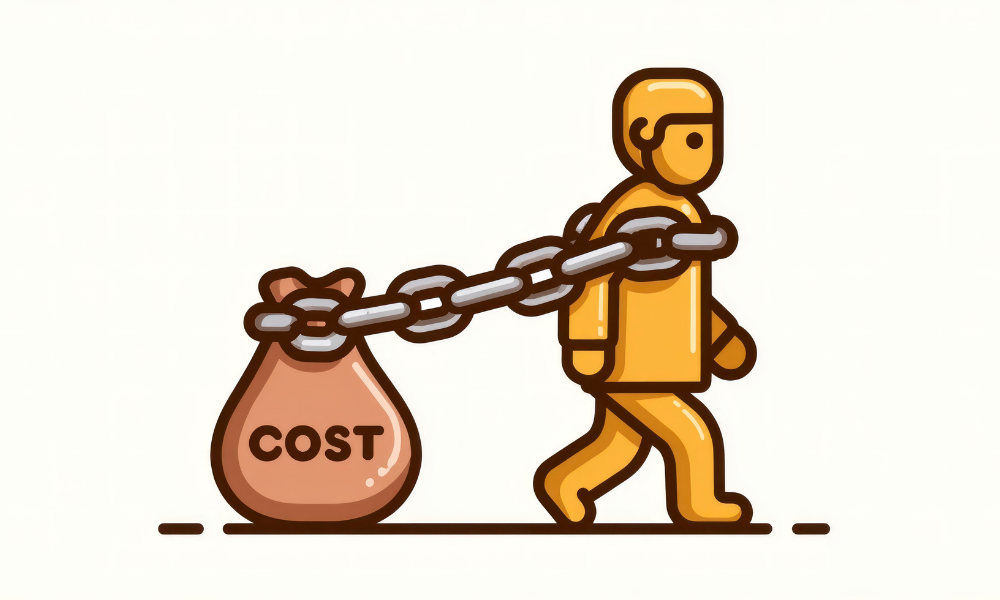Artificial intelligence is more likely to take on tasks rather than take someone’s job, according to the “Harnessing Generative AI: Navigating the Transformative Impact on Canada’s Labour Market” study published by the Institute for Research on Public Policy.
The study examined the possible effect of generative AI on jobs in Canada over the next five years, using ChatGPT to assess occupations’ generative AI automation risk. It also utilized the government’s Occupational and Skills Information System (OaSIS) database to analyze how generative AI could change work activities and skill requirements.
Findings revealed that while AI could perform tasks, it could not completely replace an occupation, though it could reshape work activity.
“AI’s impact on work depends on a lot more than just the technology itself. Companies also need the right infrastructure, capital, legal permissions and organizational readiness. That means many jobs are only at risk if these other pieces fall into place,” study co-author Matthias Oschinski said in a statement.
Clerical and data-heavy tasks were most at risk of automation, but teachers, caregivers, and leaders are among those whose skills are highly unlikely to be automated given their reliance on human connection. The use of AI may complement rather than take away from such roles, the study noted.
While those in the education sector are largely shielded from AI’s impact, it could disrupt workers in the northern territories and those operating in the transportation or warehousing industries.
Oschinski and study co-author Ruhani Walia suggested that employers invest in skills training targeted towards abilities that AI cannot copy, such as problem-solving, collaboration, and people management. They also urged governments to embrace regional variety in workforce strategies to maximize AI’s benefits while protecting the Canadian workforce.
“Generative AI could be a powerful tool to improve Canada’s productivity. But it won’t happen on its own. We need coordinated action to build the right workforce and ensure that the benefits are shared,” Walla said.





